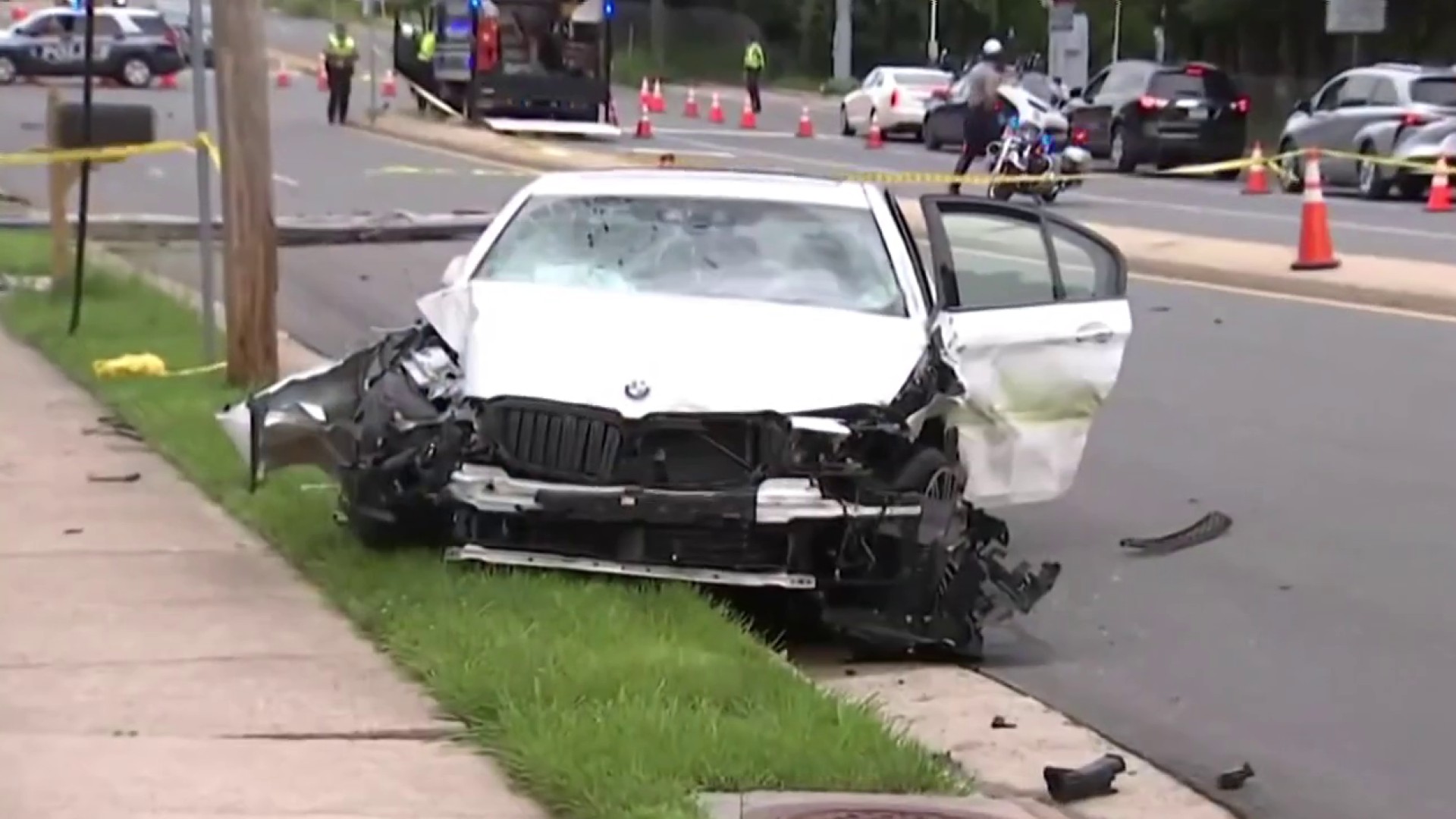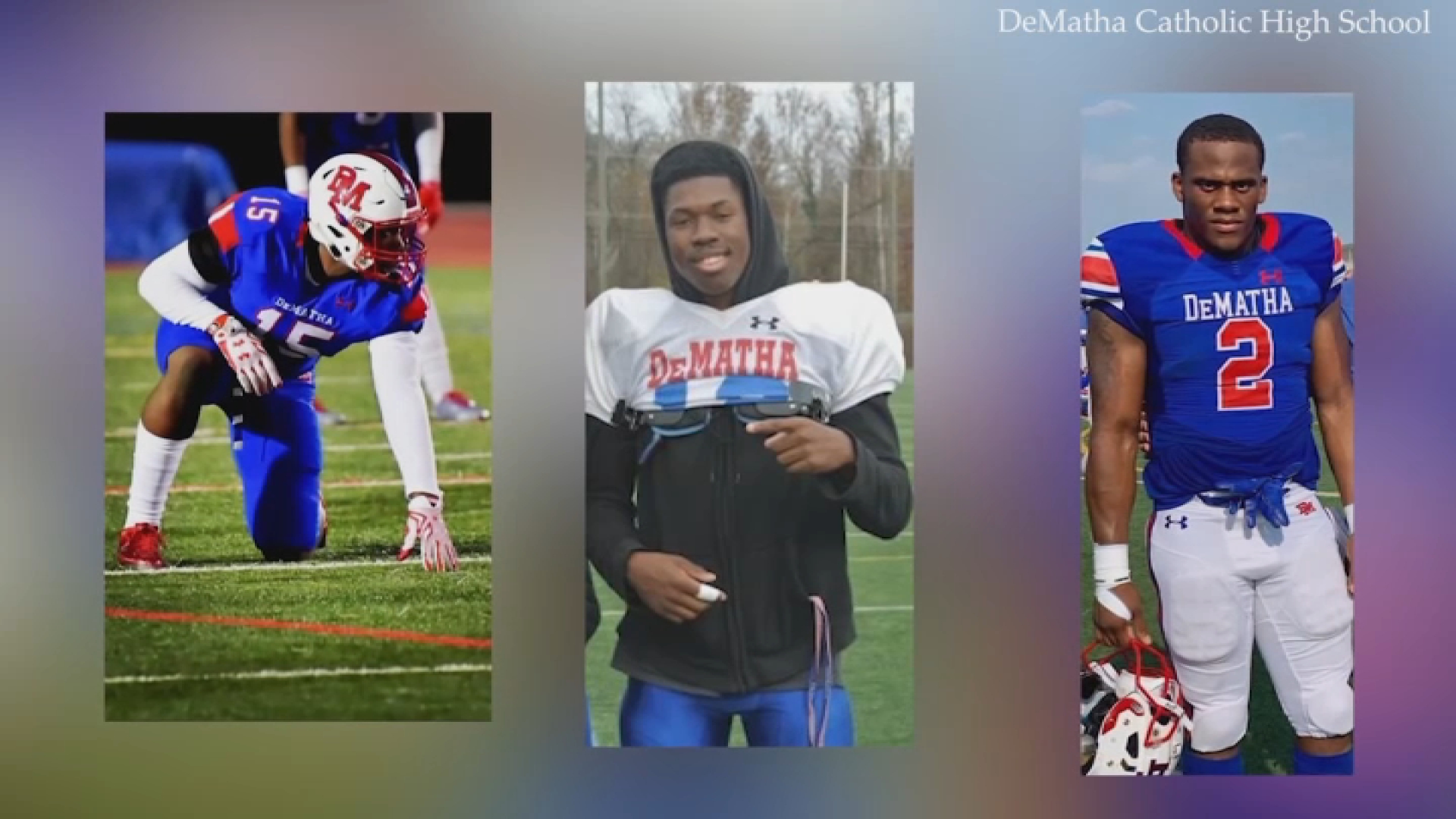Four years after the gruesome killing of 26-year-old Matthew Mickens-Murrey, new police work investigating genealogy helped police in Prince George's County, Maryland, close the case.
Mickens-Murray was found stabbed to death in 2017 in his apartment in the unincorporated area of Hyattsville.
"There were DNA samples recovered, some that were identified as the victim Mathew's DNA, and others that were unable to be matched with anything," Deputy State's Attorney and Homicide Chief Jonathon Church told News4.
A few years later, forensic genetic genealogy was introduced to police departments.
We're making it easier for you to find stories that matter with our new newsletter — The 4Front. Sign up here and get news that is important for you to your inbox.
Prince George's County police revisited the DNA evidence found at the scene that didn't previously match anything in crime databases.
"This was sent out for that testing and a family tree was built, and, based on that family tree, detectives were able to investigate leads leading out to even Louisiana and build a family tree and, eventually, identified an individual who wound up being Brandon Biagas," Church said.
Biagas, 23, was soon linked to Mickens-Murray.
Local
Washington, D.C., Maryland and Virginia local news, events and information
"Once they had the name Brandon Biagas, they were able to discover a lot more.
They were able to find social media contacts between Brandon Biagas and the victim," Church said.
According to charging documents, on the night of the murder, Biagas went to a Charles County hospital saying he was attacked and cut with a knife. The Charles County Sheriff’s Office found conflicts in his story and also found a knife and stained shoes in his car that they held on to.
"That had the victim's blood … DNA on it as well. The shoes also matched the shoe impressions that we mentioned were at the crime scene where Matthew was found deceased," Church said.
Biagas confessed and, on Tuesday, pleaded guilty to second-degree murder. Per the plea agreement, Biagas would get no more than 17 years in prison.
Police never learned Biagas' motive in the killing,
They did, however, get a lesson in how forensic genealogy can help close unsolved cases.
"We want to send a strong message that no matter how old the case, we will continue to pursue it," Prince George's County State's Attorney Aisha Braveboy said.
The state's attorney's office said the public can expect to see more cases closed through forensic genealogy and the office is working on about two dozen of some 600 cases with unidentified DNA samples. The courts approved prosecution for four cases, the state's attorney's office said.



